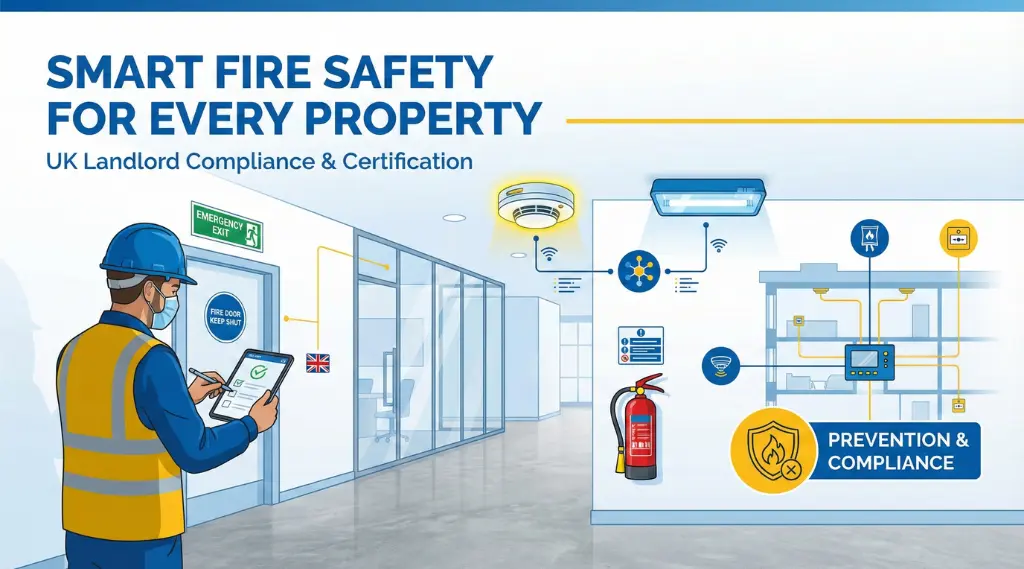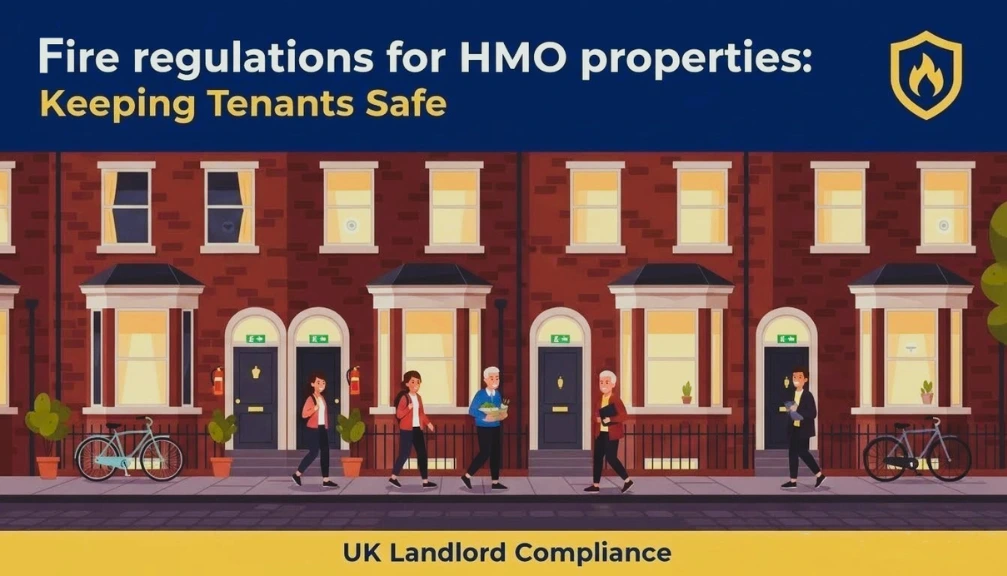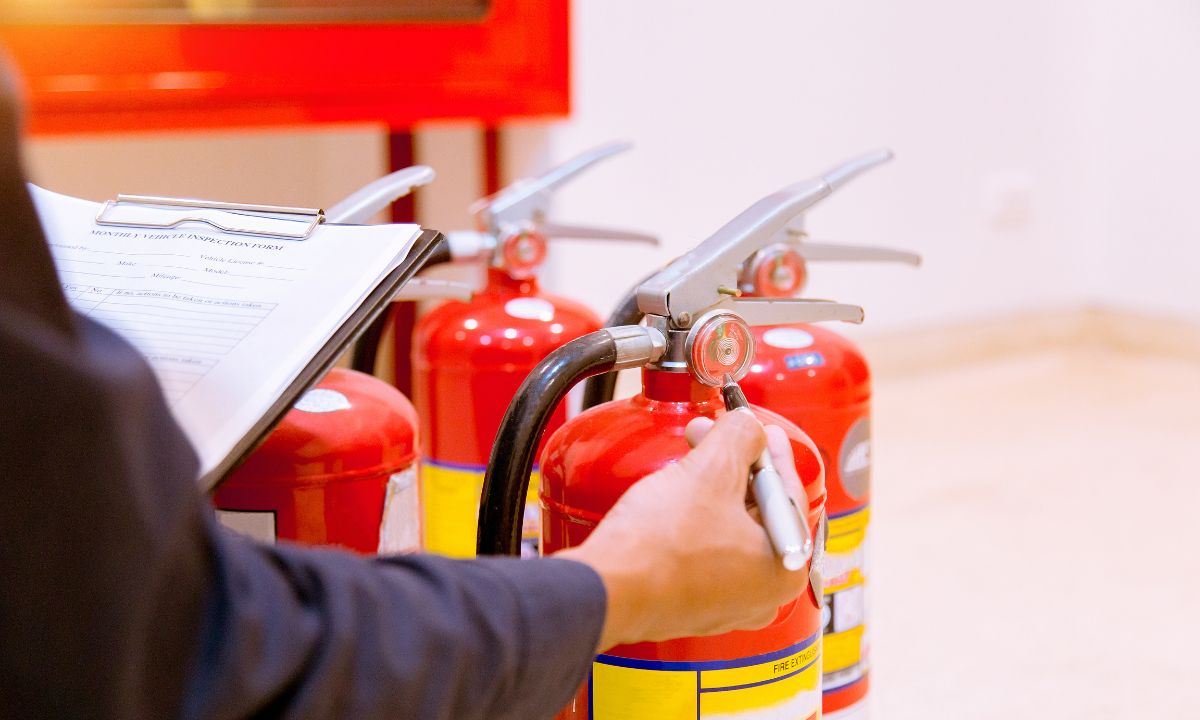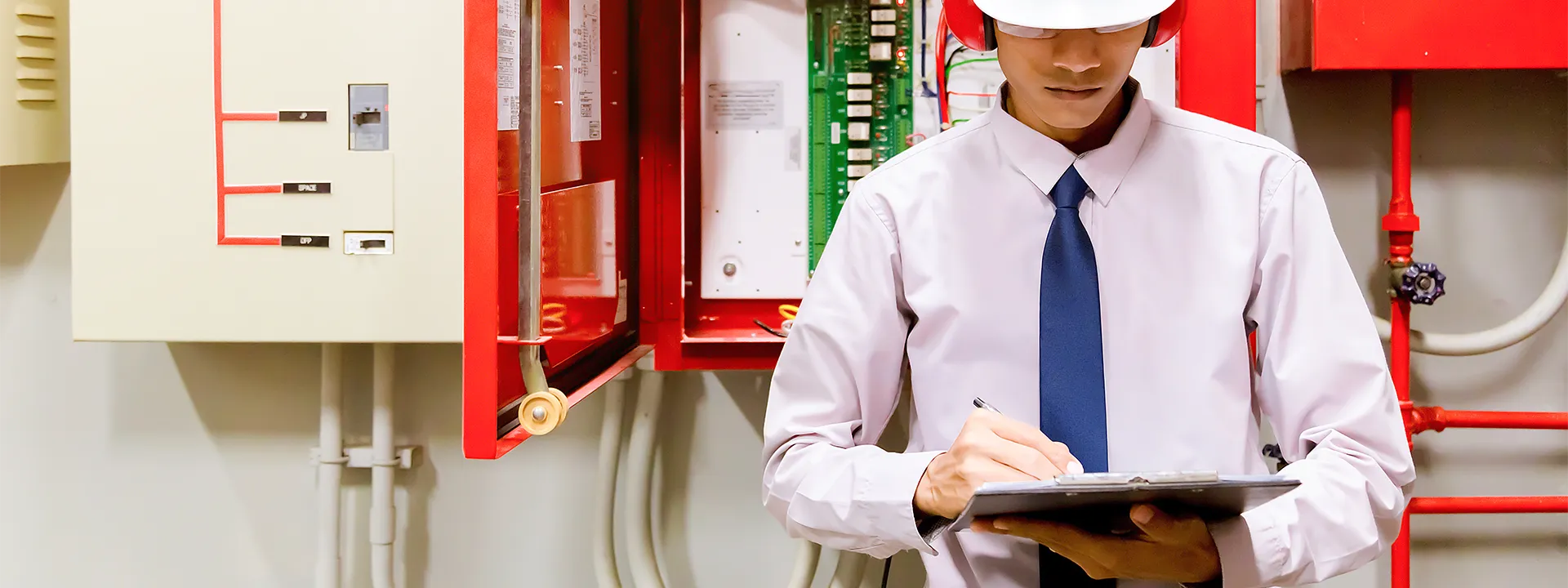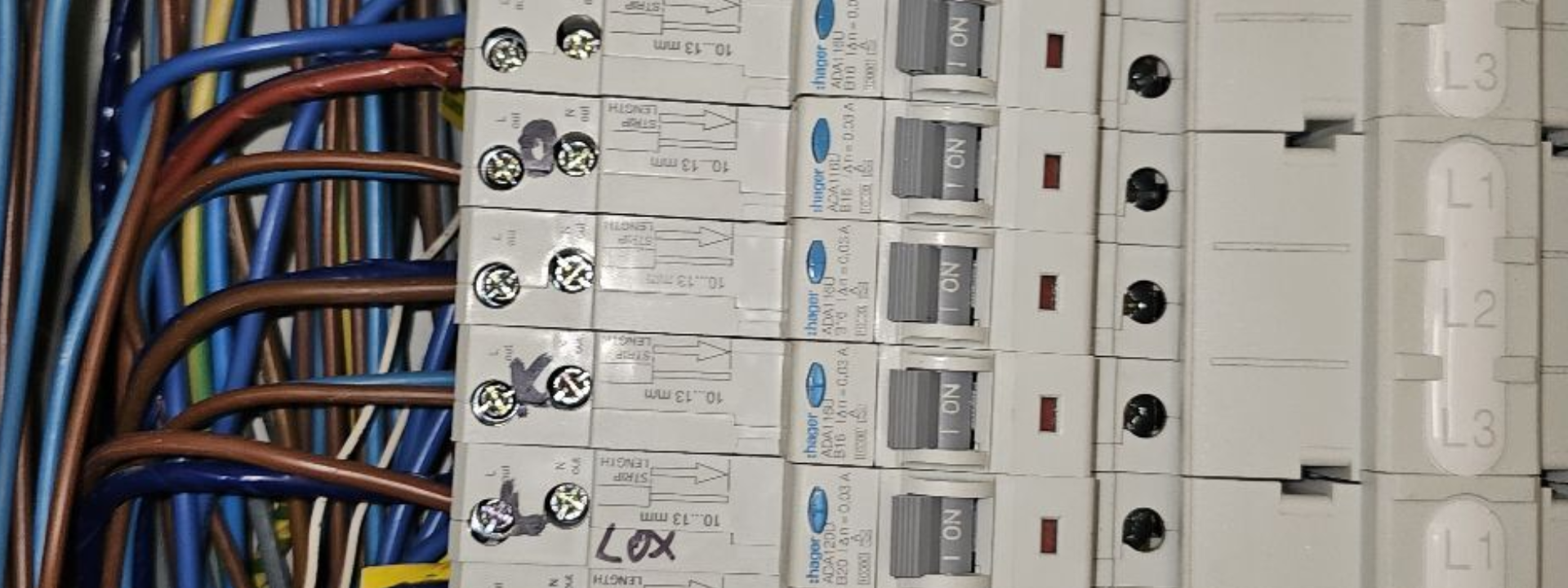Everyone thinks renting an apartment in the UK is an excellent idea because you can charge a high rent. But it’s an entirely different thing when you try to do so. Why? Because landlords in the UK need many certificates that say they can rent a property.
In this article, we will cover the landlord certificates in the United Kingdom that you must have before renting a property. We will also tell you why you must do it because doing so has some benefits. And if you can get away without getting them, you should reconsider. The consequences of non-compliance regarding landlord certificates aren’t pretty.
So, let’s not wait; start learning about landlord certificates in the United Kingdom.
What is a Landlord Certificate?
Before you learn which landlord certificates you need in the United Kingdom, you should know what they are.
A Landlord Certificate is an official document. It proves a rental property complies with specific safety standards and regulations. It’s crucial to being a responsible and lawful landlord in the United Kingdom. These certificates are essential to ensure tenants’ well-being and meet legal requirements.
Landlords can obtain these certificates by hiring qualified professionals. Gas engineers and registered electricians play a big role. They do so by checking and certifying the safety of a property’s gas and electrical systems. Having regular inspections is important. They help in spotting possible dangers early on. Then, you can make sure the property consistently meets safety standards.
Required Landlord Certificates in the United Kingdom
We will cover the seven most important landlord certificates you need in the United Kingdom. Different areas might need extra ones, so check to be sure.
Gas Safety Certificate
In the UK, having a Gas Safety Certificate is mandatory for landlords. This certificate ensures that all gas appliances in the property are safe and meet the required standards. A registered gas engineer conducts an annual inspection. It involves highlighting potential issues and providing peace of mind to tenants.
Electrical Safety Certificate
The Electrical Safety Certificate is another crucial document. It confirms that the electrical installations in the rental property are safe. A qualified electrician carries out regular inspections, typically every five years. The review identifies and addresses any electrical hazards, ensuring the well-being of occupants.
Energy Performance Certificate (EPC)
An Energy Performance Certificate (EPC) rates the energy efficiency of a property. It helps tenants understand the energy costs associated with the home. Landlords must provide an EPC to potential tenants, allowing them to make smart decisions about energy consumption and expenses.
Proof Of Deposit Protection
Landlords are required to provide Proof of Deposit Protection to tenants. This ensures that any security deposit the tenant pays is safeguarded in a government-approved scheme. It protects both parties and helps resolve disputes regarding the return of the deposit at the end of the tenancy.
Legionella Risk Assessment
Conducting a Legionella Risk Assessment is essential to identify and manage the risk of Legionnaires’ disease. This assessment ensures that water systems in the property, such as taps and showers, are free from harmful bacteria. Landlords must ensure the safety of their tenants by addressing any identified risks.
Fire Safety Assessment
Ensuring the safety of tenants in case of a fire is crucial. A Fire Safety Assessment evaluates the property’s fire safety measures. This includes smoke alarms and escape routes. This assessment is vital for compliance with regulations. And, more importantly, protect those living in the rental property.
Houses in Multiple Occupation (HMO)
Additional regulations apply for properties classified as Houses in Multiple Occupation (HMO). These properties, typically shared by three or more tenants who are not from the same family, must meet specific safety standards. This includes fire safety measures, adequate amenities, and sufficient space for occupants.
In summary, landlords in the UK must keep to various certification requirements. They do so to ensure the safety and well-being of their tenants. These certificates provide that the places you rent are safe and follow the rules. They cover things like making sure the gas and electricity are safe, the place uses energy efficiently, and more. Contact professional safety certificate services if you aren’t sure what to do.
Why Do I Need These Landlord Certificates in the United Kingdom?

Now that you know which landlord certificates in the United Kingdom you need to have. But you might still think, “Do I need them?” And the answer is a big yes. Here are some reasons why you need these certificates.
Tenant Safety
Having these landlord certificates in the United Kingdom is crucial for ensuring the safety of your tenants. Gas and electrical safety certificates and fire safety assessments guarantee the property meets essential safety standards, preventing potential hazards that could harm your tenants.
Legal Requirement
Obtaining these certificates is not just a choice but a legal requirement in the UK. Failure to meet these regulations can lead to fines and legal consequences. It’s a way of fulfilling your responsibilities as a landlord and staying on the right side of the law.
Builds Trust with Tenants
Providing proof of certifications builds trust with your tenants. It shows them you are committed to maintaining a safe and secure living environment. This trust contributes to a positive landlord-tenant relationship, making your property more tempting to potential renters.
Avoids Legal Issues
Having the required certificates helps you avoid legal problems. Non-compliance with safety regulations or failure to appropriately protect the tenant’s deposit can lead to disputes and legal actions. Certificates prove that you have met your legal obligations as a landlord.
Property Value and Desirability
These certificates enhance the overall value and desirability of your property. Eager tenants are likelier to choose a certified property, knowing it meets safety and energy efficiency standards. This can increase rental demand and property value in the long run.
Consequences of Not Having Landlord Certificates in the UK

As we said, the consequences of not having landlord certificates in the United Kingdom aren’t pretty. Here are some things you must deal with if you don’t have them.
Legal Penalties
Not having the required landlord certificates in the UK can lead to legal consequences. You may face fines and penalties for non-compliance with safety and regulatory standards. These penalties can significantly impact your finances and reputation as a landlord.
Risk to Tenant Safety
Without proper certificates, there’s a higher risk of hazards within the property, such as gas leaks or faulty electrical installations. This jeopardizes the safety of your tenants. You could be held legally responsible for any harm caused by accidents.
Disputes Over Deposits
Lack of proof of deposit protection can result in disputes over the return of deposits. Tenants may take legal action if they feel their promises were mishandled. Landlord certificates prove you’ve followed the correct procedures, reducing the likelihood of disputes.
Property Unattractiveness
Potential tenants are more likely to choose properties with proper certificates. It assures them of a safe and compliant living space. Not having these certificates makes your property less attractive in the rental market, leading to longer vacancies and potential financial losses.
Compromised Landlord Reputation
Operating without the necessary certificates can damage your reputation as a responsible landlord. Word-of-mouth travels fast, and tenants may share negative experiences. This makes it challenging to attract reliable renters in the future. Building a good reputation is essential for a successful rental business.
Further Reading: The Importance of Landlord Safety Certificates
Conclusion
In closing, getting and keeping landlord certificates in the United Kingdom is more than just following rules. It’s about ensuring tenants are safe and happy while building trust. These certificates cover things like gas and electrical safety. Additionally, they show that a landlord cares about providing an excellent place to live.
Not having these certificates doesn’t just mean that you are breaking the law. No, they suggest that you are putting your tenants in danger. There are other consequences to not having these landlord certificates.
Certified properties stand out in the rental market, attracting tenants who want a safe home. This not only makes the property more valuable but also makes the landlord look good.

